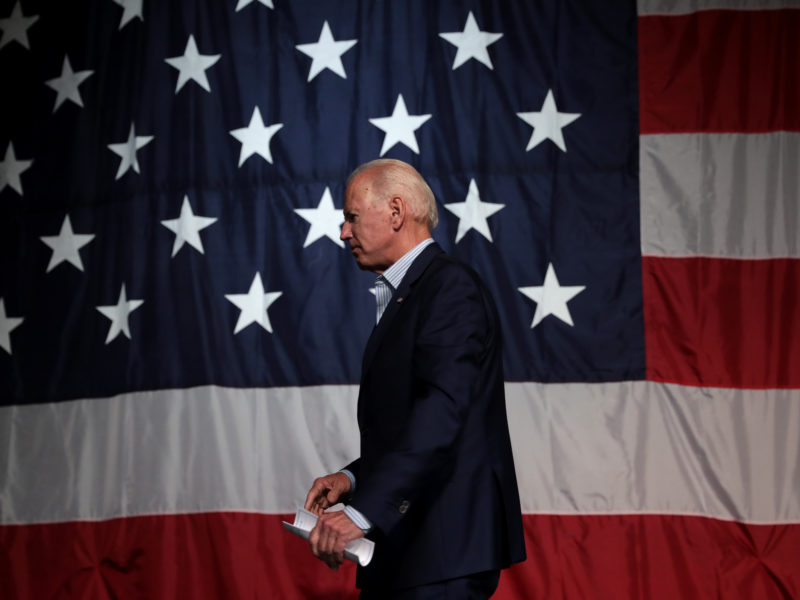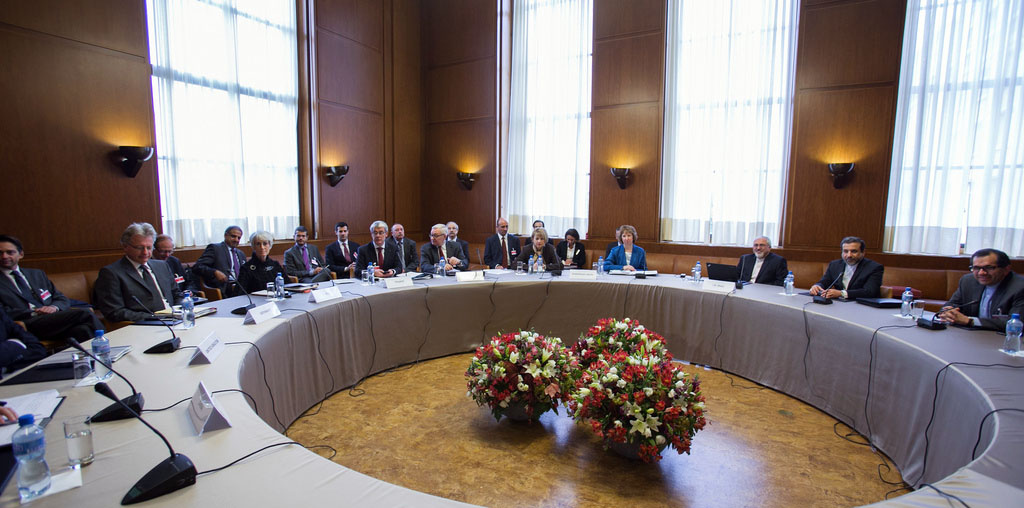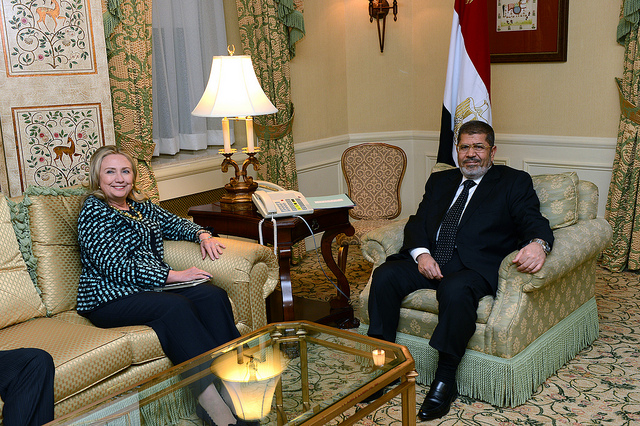By Emily Hencken Ritter and guest contributor Brett V. Benson
On January 6, dissidents violently stormed the US Capitol to protest what they perceived to be a fraudulent election. It was the culmination of months of rhetorical attempts to discredit election processes, lawsuits to overturn results, and, finally, a rally and explicit call to violence—all on the part of then sitting president Donald Trump.
Exactly two weeks later, Joseph Biden took over the office of president.
Either of these events would make a foreign ally wary or intrigue an adversary. The combination puts US safety and interests abroad in jeopardy.
Leader-Instigated Uprisings Destabilize the Government
Grassroots protests are rarely as powerful as those supported by a sitting leader. Protests are more likely to bring about political change when protestors can collectively organize in large numbers, are able to communicate effectively to coordinate protest activities, and have the capability to withstand government opposition or repression. Protests supported by government leaders are better able to achieve these objectives. Leaders can act as a rallying force for collective action, are well-positioned to facilitate communication and coordination of protestors’ actions, can block government opposition, and have access to government resources that can strengthen a protest movement.
Presidents in particular have extensive resources with which to damage democracy. They have an influential pulpit and control over the US armed forces. Their influence over policies and resources allows them to threaten other members of government. With such tools in their pockets, they can propagandize, attack the institutions of democracy, and rally protesters as Trump did over several months.
The powers available to incumbent leaders can allow them to undermine government institutions and attack the personnel within them. This is why the insurrection on January 6 was so jarring. If taken to its full potential, the president and his/her followers can undo democracy.
Foreign Adversaries Capitalized on Trump’s Involvement in Violence
Violent movements mobilized by an incumbent leader are uniquely dangerous for foreign relations. Even a failed uprising supported by an incumbent signals that there are intense divisions among political actors and that the institutions for protecting democracy—the press, armed forces, and law enforcement—are ineffective.
Signs of government weakness create opportunities for adversaries. Days after the attack on the US Capitol, North Korea announced its intention to speed the production of nuclear weapons. Russia led a cyberattack on the US while President Trump contested election results in December. A day before the US Congress gathered to certify the election, China arrested 53 pro-democracy politicians. A US government distracted by internal discord did little to address threats to democracy abroad.
Weakened Alliances
An assault on democracy by the US President weakens alliances with democratic countries, undermines pro-democracy forces abroad, and creates risk of miscalculation and crisis. A new president may have the same effect. Many US allies are nervous in the wake of the insurrection. They question the reliability of the US to come to their aid, and the weakening of US democratic institutions strengthens anti-democratic forces in their own countries. Allies may reconsider their alliance, contemplate arming to secure themselves, or, worse, be targets for foes who identify division and weakness in the US as a window of opportunity. Though Trump has left office, US allies remain wary of the divisions and instability surrounding the election. This may be why President Biden emphasized our alliances in his inauguration speech: “We will repair our alliances and engage with the world once again… We will be a strong and trusted partner for peace, progress, and security.”
Even without political uprisings, states with new leaders are especially vulnerable to foreign aggression. Candidates make promises about foreign policies during election campaigns, but it is difficult to know what will happen once they take office. Both allies and adversaries are hoping for greater stability under Biden, but most are uncertain how he will act. These uncertainties are common in power transitions, and they are frequently associated with international crises in the early days of leader tenure, as foreign powers push on new leadership to assess weaknesses.
The vulnerability of new leadership is worsened by the aftereffects of the January 6 insurrection. With the legislature still distracted from operations to help Biden take office and establish strength, foreign powers will see a limited opening of advantage and may make aggressive policy moves while the window remains open.
Few people in the US, let alone abroad, know what is next. Without the assurance that the US government’s decision-making is predictable, other countries do not know how to plan. This makes the US an unreliable partner, weakens the credibility of US commitments, and can lead to crises through miscalculation.
The US Remains Vulnerable
Though Trump’s rhetoric and variable policies made US foreign interests vulnerable throughout his term of office, foreign leaders could rely on other government institutions to limit his actions to some extent. His seditious actions, however, subverted the law and disabled the legislature. If protests and violence continue, the risks to US foreign interests and allies will increase, especially while Biden gets his footing. The institutions that foreign governments have come to rely on for decades can lose their dependability. Proponents of democracy can lose footing. The security of the US itself could be at risk.
The attack on the US Capitol failed to overturn the election, and the governmental and popular backlash has been severe. Both of these signal the stability of democratic norms. Moreover, the new US president has a reputation at home and abroad for honoring US institutions. But foreign relations will remain vulnerable until the leader-instigated assault on our government is well behind us and Biden establishes a steady hand in foreign policy and practice.







